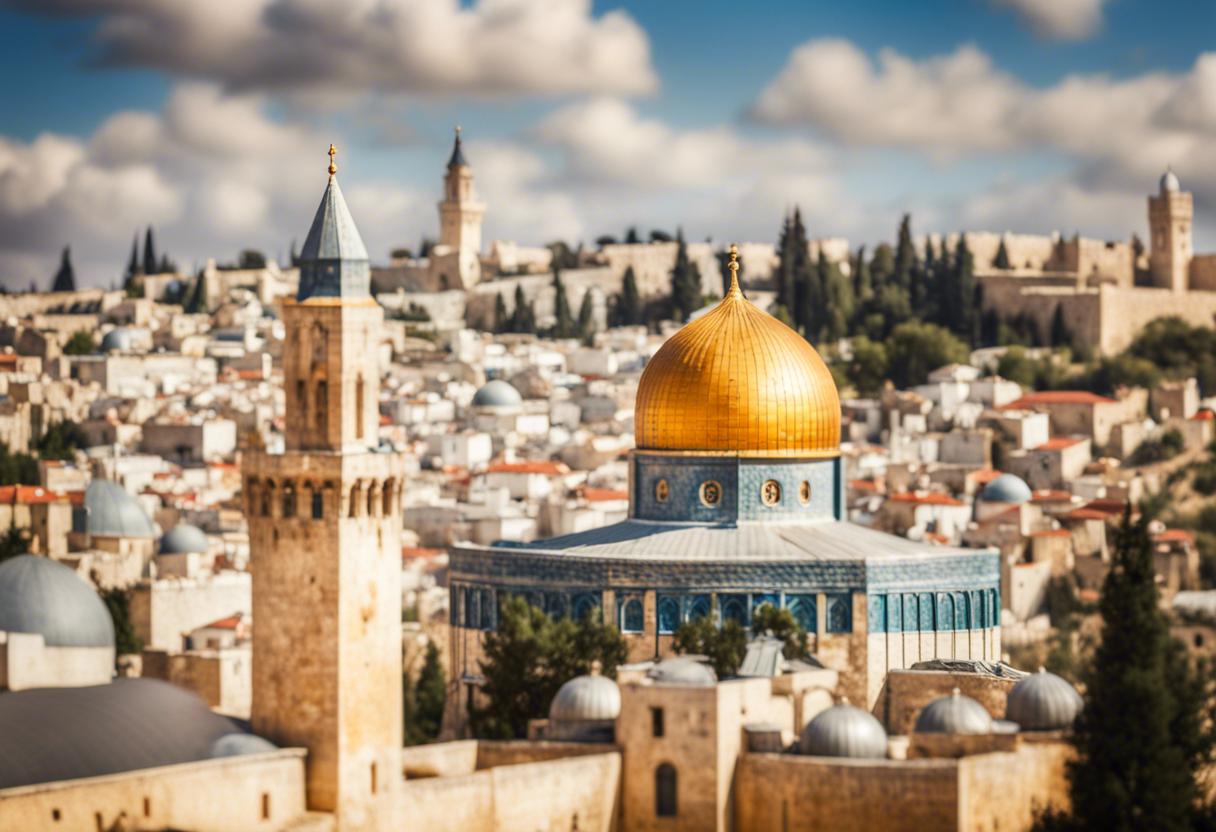The forthcoming one-year anniversary of the brutal October 7th attack by Hamas is fuelling a major disagreement regarding the commemoration of this horrifying incident, mirroring Israel’s deep-seated social divisions.
Frustration continues to mount against Prime Minister Binyamin Netanyahu’s administration among kin and acquaintances of the 1,200 servicemen and noncombatants who were killed that fateful day. They accuse the government of negligence towards the communities residing along the Gaza border and failing to strategise effectually for the rescue of over 100 individuals still held captive by Hamas. Recent developments saw six additional hostages’ bodies, each showing bullet wounds, recovered from a Khan Younis tunnel by Israeli forces last week. These individuals were alive when abducted.
Those living in kibbutzim located closest to the Gaza border, which took the lion’s share of the blow from the Hamas attacks, have resolved to shun the national memorial ceremony planned by the government, choosing instead to organise their own memorial events.
Kibbutz Kfar Azza, situated along the Gaza boundary, joined the dissenters, criticising the government’s focus on planning memorial services while hostages, including five from their community, languish in Hamas captivity. They expressed their disappointment saying it would be more appropriate for the government and all of Israel to concentrate fully on formulating a rescue plan rather than holding elaborate memorial services.
Agreeing with this stance, the Hostages and Missing Families Forum, a body which speaks for most of the hostage families, has also announced its boycott of the ceremony. They accuse the government of a fear to face the families of those who’ve been killed, displaced or held hostage, and acknowledge the consequences of the abandonment that started on October 7th and has lasted over 300 days.
The government’s choice of assigning Miri Regev, the transport minister, to plan the memorial ceremony has stirred controversy. Regev is acknowledged for her intimate relationship with Sara Netanyahu, the spouse of the Prime Minister, and for her oversight of Israel’s official functions in recent years. These include the annual Independence Day celebrations. Her repeated emphasis on the Netanyahus prompted critics to compare their reign to the North Korean regime.
Regev responded to the feedback about the memorial she is curating by calling it “background noise”. She confirmed that it wouldn’t stop her from putting together a recorded national ceremony, devoid of a live audience, and featuring a pre-recorded speech from the Prime Minister.
As tension escalated, President Yitzhak Herzog stepped in with a proposal for his office to oversee the ceremony. He wrote to Netanyahu, suggesting that the ceremony be planned by the president’s residence and that it be done in constant concertation with relevant national and social-community parties. He said the ceremony should be dignified, unifying, modest and free of political symbols.
Herzog added that due to the severe disagreement that had transpired in the past week, and to keep unnecessary conflict at bay across different sections of the nation, each community, group, town, kibbutz, and city should commemorate the anniversary in a way that suits them. He went on to propose that the primary state ceremony be hosted at the president’s dwelling.
However, Regev appears resolute about retaining control of the ceremony’s direction. She accused President Herzog of taking sides by making his suggestion without first involving her. She said, “State ceremonies aren’t done at the president’s residence, it just can’t be. The ceremony needs to be hosted in the south.”
Regev then noted that it would have been possible to have a discussion to reach an agreement. She stated that although the president meant well, he should have spoken to her and the Prime Minister before writing the letter.
Idan Amedi, one of Israel’s renowned singers and a survivor of the severe fighting in Gaza, called on Regev to consider Herzog’s compromise of a unified state ceremony without political symbols. This, he argued, would accommodate the communities affected by the Hamas attack who planned to boycott the state memorial.
Amedi, notably known for his role in the globally renowned Israeli drama ‘Fauda’ on Netflix, penned a letter to Regev asserting that making concessions on such issues is not a sign of defeat. Quite the opposite, he argued, during these violent times we should strive for more mutual agreement. Encouraging unity amidst disagreement, Amedi implores us to share our grief, and find solace collectively in remembering those we’ve lost. Possibly, he suggests, we might manage to foster harmony in this bleak year.

